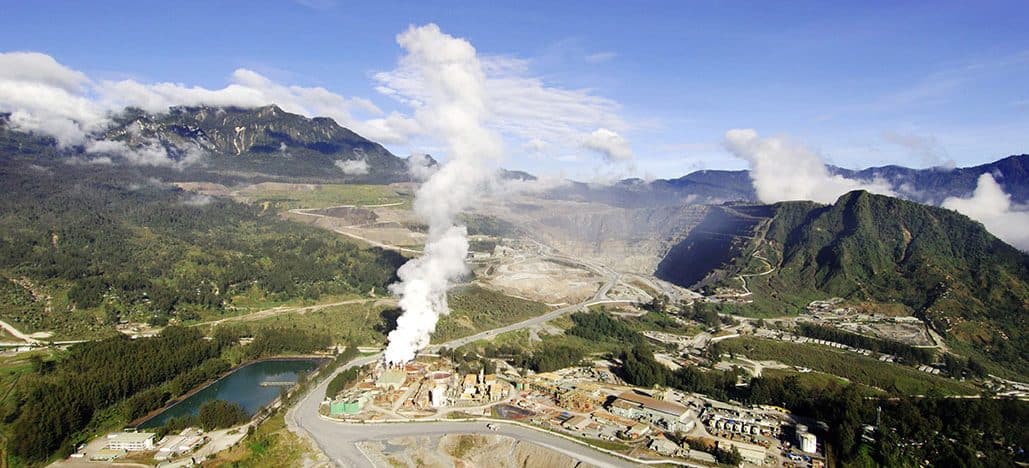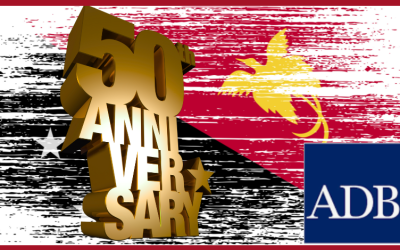Canadian gold miner Barrick Gold has announced that the Porgera mine operations in Papua New Guinea are poised to restart this month, on 22 December, with the first gold pour anticipated in the first quarter of 2024. The revival follows the fulfilment of conditions outlined in the Porgera Project Commencement Agreement, which also introduced a new ownership structure for the mine.
The Porgera mine, now 51 per cent owned by Papua New Guinea-based stakeholders, including local landowners and the Enga provincial government, will be operated by Barrick Niugini Limited (BNL). The remaining 49 per cent stake is held by Barrick Niugini Limited, a joint venture between Barrick and Chinese mining company Zijin. Under this agreement, Papua New Guinea shareholders are set to secure 53 per cent of the mine’s total economic benefits.
Assuming a gold price of $1,800 per ounce, the mine is projected to generate over $7 billion over a 20-year expected mine life. Barrick’s President and CEO, Mark Bristow, expressed enthusiasm about steering the mine back to world-class production, positioning it to potentially join the company’s Tier 1 gold mine portfolio.
This positive development comes after a lengthy process of securing stakeholder buy-in. In October of this year, Barrick received permission from the Government of Papua New Guinea to restart the gold mine, ending a three-year shutdown. This decision marked a turnaround from the government’s refusal in April 2020 to provide a special mining lease, citing environmental concerns and taking control of the mine.
The reopening of the Porgera mine was heralded by Papua New Guinea Prime Minister James Marape in a recent parliamentary session. Marape expressed confidence that the mine’s impending restart in the coming year would significantly contribute to addressing the nation’s economic challenges, particularly the shortage of foreign exchange. He underlined the crucial role Porgera plays in securing the nation’s economy.
Enga Governor Sir Peter Ipatas supported the bill, highlighting the preservation of landowners’ rights as a crucial aspect.
This move not only contributes to economic revival but also addresses longstanding foreign exchange challenges in Papua New Guinea.



